Table of Contents
Schools on the road: visit to the Vesuvius National Park Museum is the ideal educational experience for those who want their pupils to experience an out-of-the-ordinary adventure. The classic educational trip is transformed here into exploration, natural discovery and interactive learning. With this proposal, teachers solve the problem of finding an engaging and useful field trip for every school age, in a safe and stimulating environment.
Why choose a visit to the Vesuvius National Park Museum.
The Vesuvius National Park Museum offers a unique educational pathway. Here, children can learn about the geological and natural history of Vesuvius through interactive installations, digital games, and audiovisual info-points. The experience is suitable for all school groups, from kindergarten to high school, making each visit customizable to the educational needs of teachers and students.
Compared with traditional outings, a visit to the museum allows schools on the road to address topics such as volcanic hazard prevention, local biodiversity, human-nature interaction, and the value of Vesuvius' environmental heritage, all in a practical and engaging way.
The exhibition route: five rooms, between science and entertainment
Inside the museum, five thematic rooms propose:
- Interactive installations To understand the history and development of the Vesuvius-Somma complex
- Educational games And multimedia panels to stimulate active participation
- Insights into the Main animal and plant species of the area
- Audiovisual presentations on human-land interaction
Each space is designed to integrate theory with practical experience, thus becoming a immersive learning lab. Here, pupils learn by observing, touching and playing, assimilating complex concepts intuitively.
You might be interested
Ecosystem in a jar: children's workshop on the biodiversity of Vesuvius
per person Book
Visit Vesuvius: complete package with bus, audio guide and entrance fee
per person Book
Guided tour of the Vesuvius National Park Museum for schools
per person Book
Vesuvius and Pompeii Ruins Tour: Transfer from Naples, Audio Guide and Pizza Included
per person Book
Excursion to Vesuvius with light lunch and departure from Sorrento
per person Book
Lava River Trail: walking tour to discover Vesuvius
per person Book
Outdoor spaces: nature as a classroom
The museum is surrounded by four habitats typical of the Vesuvius area reconstructed with scientific accuracy:
- The undergrowth
- The vesuvian gardens
- The gorse
- I orchards of Vesuvius
These environments, set up in the educational gardens, allow live observations of native plant species, pollinating insects and the extraordinary biological richness created by the unique volcanic conditions. For students, learning in the open air makes every concept exhibited in the visit more concrete and engaging.
The educational importance of visiting for schools
Adapting the teaching plan to a guided tour of the Vesuvius National Park Museum means to offer pupils:
- Hands-on learning about geology, ecology and environmental prevention
- Interdisciplinary stimuli linking science, history, geography and civic education
- An opportunity for team building outside the classroom, sharing experiences and developing autonomy
The proposed activities serve both educational and emotional purposes, fostering the memorization of content and students' spontaneous interest Of any age.
Schools on the road: visit to Vesuvius National Park Museum with Movery guide
Accompany your class on an unforgettable educational experience in the heart of Mount Vesuvius! With a Movery tour guide, students will learn about the geological history of the volcano, its eruptions and the unique flora and fauna of the National Park. The visit to the Vesuvius Museum is designed to engage kids with interactive explanations and scientific trivia, turning learning into an adventure. A perfect opportunity to combine study, nature and fun In a safe and challenging environment.


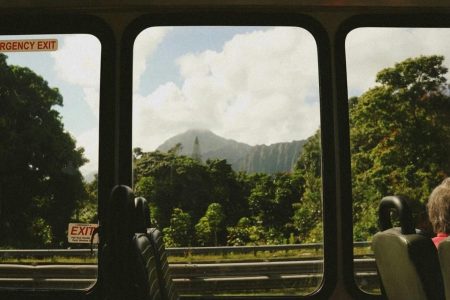
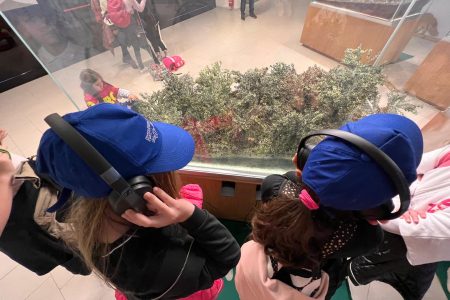
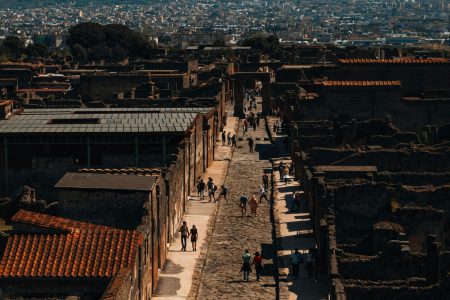
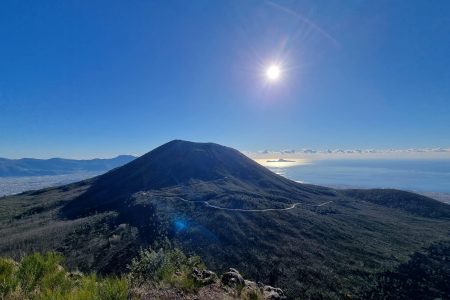
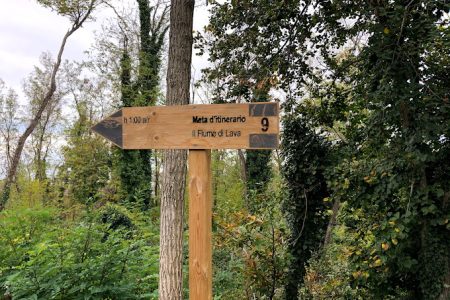
0 Comments